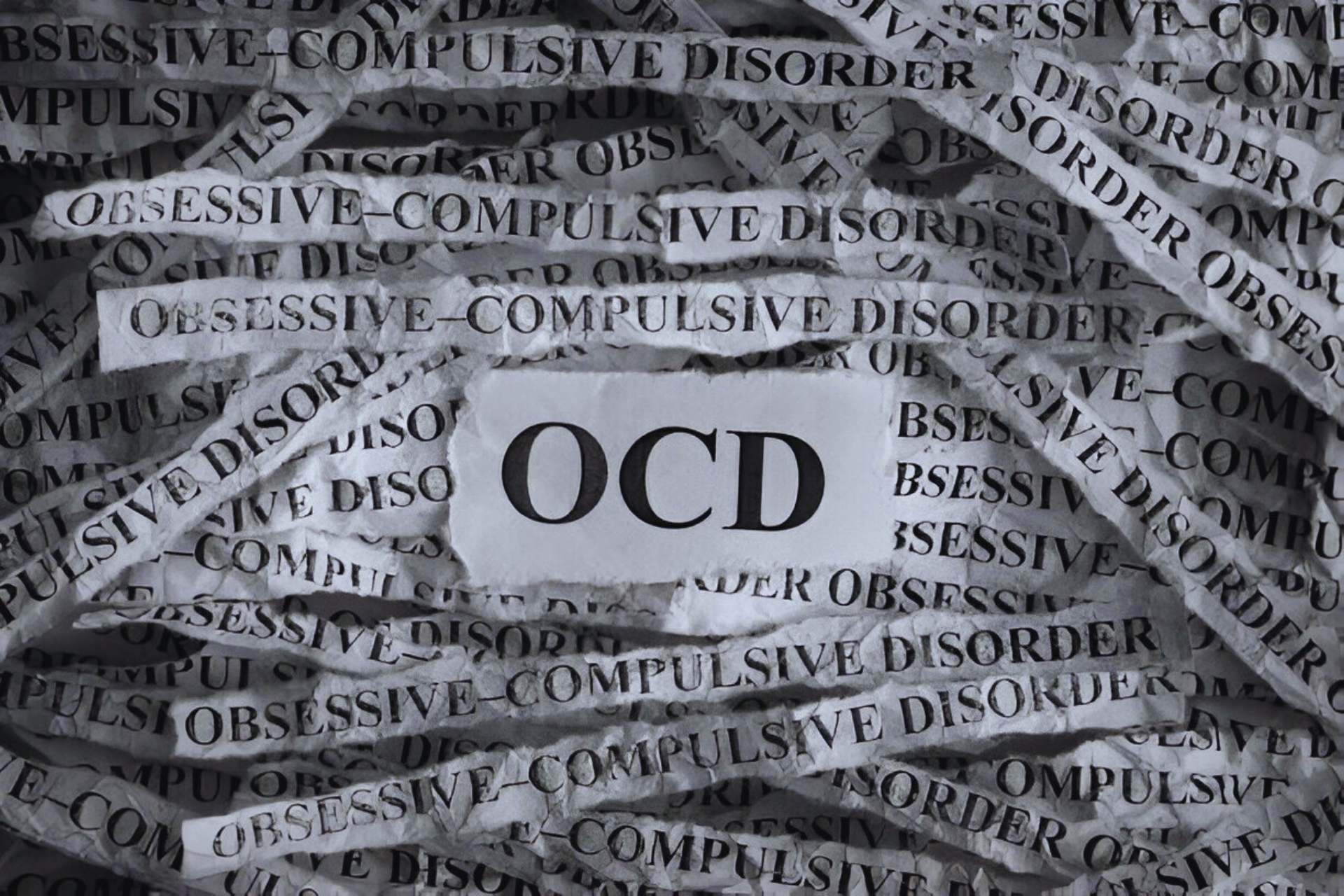Obsessive-Compulsive Disorder (OCD) is often misunderstood, both in terms of its symptoms and its underlying causes. Many people associate OCD with cleanliness or being overly organized, but the reality is much more complex. This disorder goes far beyond common stereotypes and continues to perplex both researchers and healthcare providers. Despite growing awareness, there’s still so much we don’t fully understand about OCD, from its origins to the wide variety of ways it can manifest.
At New Insights Behavioral Health, we work with individuals to manage symptoms of OCD through personalized medication management plans. In this blog, we’ll explore what we still don’t know about OCD and why understanding these gaps is essential for better treatment.
1. The Origins of OCD: Unanswered Questions
One of the biggest unknowns about OCD is its exact cause. While research has identified certain factors—such as genetics, brain structure, and environmental influences—that may play a role, there’s no single explanation for why someone develops OCD. Some studies suggest that abnormalities in the brain’s communication system, particularly in areas that control decision-making and behavior, could contribute to the disorder. Yet, the precise mechanisms remain unclear.
2. OCD Beyond Cleanliness: The Spectrum of Symptoms
Another aspect that remains widely misunderstood is the spectrum of symptoms associated with OCD. It’s commonly depicted as an obsession with cleanliness or order, but OCD can manifest in many different ways. For example, individuals may have intrusive thoughts that are violent or disturbing, or they may feel compelled to perform rituals that have nothing to do with cleanliness. These obsessions and compulsions are often distressing and can interfere with daily life.
What we don’t fully understand is why OCD presents differently in various individuals. Why does one person develop contamination fears while another struggles with fear of harm or religious obsessions? This variability makes diagnosis and treatment a more nuanced process than most people realize.
3. How OCD and Anxiety Interact
OCD is often grouped under anxiety disorders, but the relationship between OCD and anxiety is still not fully understood. While anxiety often accompanies OCD, it’s not always clear whether OCD is driven by anxiety or if it’s its own distinct condition. Researchers are exploring how obsessive thoughts create compulsive behaviors, which can, in turn, fuel anxiety—but this cycle isn’t always easy to break or understand.
4. The Role of Trauma in OCD Development
Another mystery about OCD is the potential link between trauma and the development of obsessive-compulsive symptoms. Some research suggests that individuals who have experienced trauma, especially in childhood, may be more likely to develop OCD. However, the evidence isn’t definitive, and the exact relationship between trauma and OCD symptoms remains unclear. More research is needed to understand how past experiences influence the onset and course of the disorder.
5. Treatment Gaps: Medication and Therapy
While cognitive-behavioral therapy (CBT), specifically Exposure and Response Prevention (ERP), is considered the gold standard for treating OCD, medication can also play a crucial role in managing symptoms. Selective serotonin reuptake inhibitors (SSRIs) are often prescribed, but even with these treatments, many people don’t achieve full relief from their symptoms.
One of the things we still don’t know is why certain individuals respond well to medication, while others don’t. There’s also much to learn about alternative treatments, such as deep brain stimulation, and their long-term effects. At New Insights Behavioral Health, we work closely with patients to create tailored medication management plans, adjusting as needed to provide the best possible outcomes.
6. The Future of OCD Research
As science continues to evolve, so does our understanding of OCD. Researchers are investigating everything from genetic factors to advanced brain imaging techniques in hopes of uncovering new insights into the disorder. While there are still many unknowns, these efforts are critical in paving the way for more effective treatments and better outcomes for those living with OCD.
Final Thoughts
Obsessive-Compulsive Disorder is a complex, multifaceted condition that is often oversimplified in mainstream conversations. What we don’t know about OCD is just as important as what we do, as it highlights the need for continued research and a deeper understanding of the disorder. At New Insights Behavioral Health, we are committed to staying at the forefront of OCD treatment, providing compassionate, evidence-based care that helps our patients manage their symptoms and improve their quality of life.
If you or a loved one is struggling with OCD, our experienced team of APRNs is here to help. Contact us today and fill out a new patient form to learn more about how we can support you on your journey toward better mental health.






